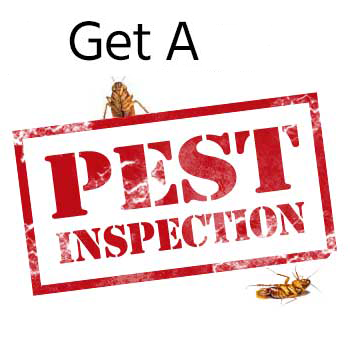The professional pest control industry, an essential service, is responsible for the protection of public health, food and property. The U.S. Environmental Protection Agency (EPA), U.S. Department of Health and Human Services, and the U.S. Department of Agriculture have prepared a list of significant public health pests https://www.epa.gov/insect-repellents/list-pests-significant-public-health-importance, many of which are controlled by the professional pest control industry.
We play a vital role in protecting our nation’s public health and food supply. Pests can spread diseases such as West Nile virus, Lyme disease, salmonellosis, hantavirus and encephalitis. Stinging insects force half a million people to the emergency room every year. Cockroach and rodent allergens trigger asthma attacks in children; rodents contaminate or consume about 20% of the world’s food supply and bed bugs can cause allergic reactions. The importance of the pest control industry to the nation as an essential service cannot be understated.
Additionally, the pest control industry is trained, tested and certified in the use of personal protective equipment (PPE). Technicians routinely employ the use respirators, eye protection, gloves, and clothing to conform with safety requirements established by EPA and the Occupational Health and Safety Administration. With over 135,000 service technicians on the ground in the United States backed by over 19,000 companies, we stand ready to continue our fight against pests and diseases. With Covid-19 on the mind of all US citizens, and the world, we want to be sure we continue to serve the country in our battle with the diseases spread by pests.
As an essential service industry, we will continue to service the nation’s food production facilities, grocery stores, medical institutions, multifamily housing units, warehouses, homes and businesses. We cannot afford to have our medical facilities, groceries stores or homes uninhabitable due to pests and pest related diseases, particularly as we tell citizens to stay home. There is not a segment of the food industry that could comply with federal sanitation and health regulations without an adequate pest control program.

